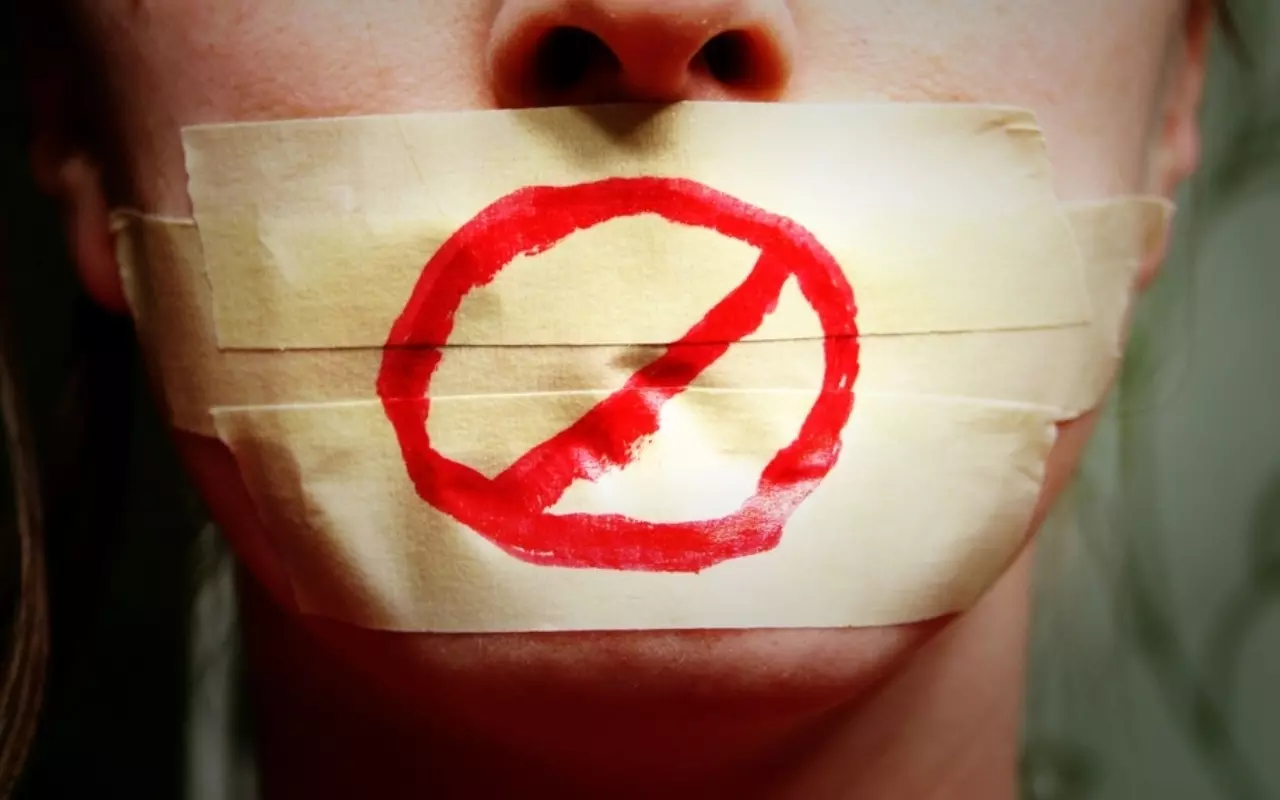Twenty-three Illinois pregnancy centers officially weighed in on National Institute of Family and Life Advocates (NIFLA) v. Becerra, an upcoming case before the U.S. Supreme Court, filing an amicus brief Jan. 11.
In the brief, submitted by Chicago-based Mauck & Baker, the centers note they’ve faced similar challenges in their own state with a 2016 amendment of Illinois’ Healthcare Right of Conscience Act that similarly tramples their freedom of speech.
With oral arguments slated for later this spring, the NIFLA case challenges California’s attack on pro-life pregnancy centers’ freedom of speech through the so-called Reproductive FACT Act—which requires pro-life pregnancy help medical clinics offering free ultrasounds to post signage referring clients for state-funded abortions. If pregnancy centers do not comply, they would be faced with a $500 fine for a first offense and $1,000 for any repeat offenses.
“The government has no business forcing pro-life doctors and pregnancy care centers to operate as referral agents for the abortion industry,” Noel W. Sterett, an attorney with Mauck & Baker, said in a news release. “A law that targets medical professionals because of their pro-life views and right of conscience is unconstitutional and unethical.”
Signed into law Oct. 2015 by Gov. Jerry Brown, the California law has been largely unenforced—though it was wielded against three pregnancy help centers in Los Angeles in 2016. The Ninth Circuit of Appeals upheld the law when it was challenged in Oct. 2016, but a superior court judge granted an injunction holding off enforcement in Oct. 2017, citing a violation of California’s “individual freedom of mind” guarantee articulated in the state’s 1849 Declaration of Rights.
[Click here to subscribe to Pregnancy Help News!]
Meanwhile, Illinois judges have granted a series of preliminary injunctions against an amendment gutting the state’s Healthcare Right of Conscience Act to require Illinois pro-life pregnancy centers—and all medical professionals—to refer their patients and clients for abortions and advise them as to undefined “benefits” of abortion.
The NIFLA case is expected to be a landmark case on pro-life free speech, deciding whether the government has the right to compel an individual or organization to speak a message inconsistent with its beliefs.
While the case has made its way through the courts, Hawaii has passed a parallel law. Other local governments, including in Hartford, Conn. and New York City, have recently cracked down on pro-life free speech at pregnancy centers.
In early January, the Fourth Circuit Court of Appeals struck down a 2010 disclaimer the City of Baltimore (Md.) had instituted against pregnancy centers, deeming the law an unnecessary government overreach.
As of Tuesday morning, 13 organizations had filed amicus briefs in support of NIFLA, including Care Net, the Charlotte Lozier Institute, the National Association of Evangelicals and the Cato Institute.
More conservative and pro-life entities are expected to follow suit ahead of an upcoming deadline later this week.






